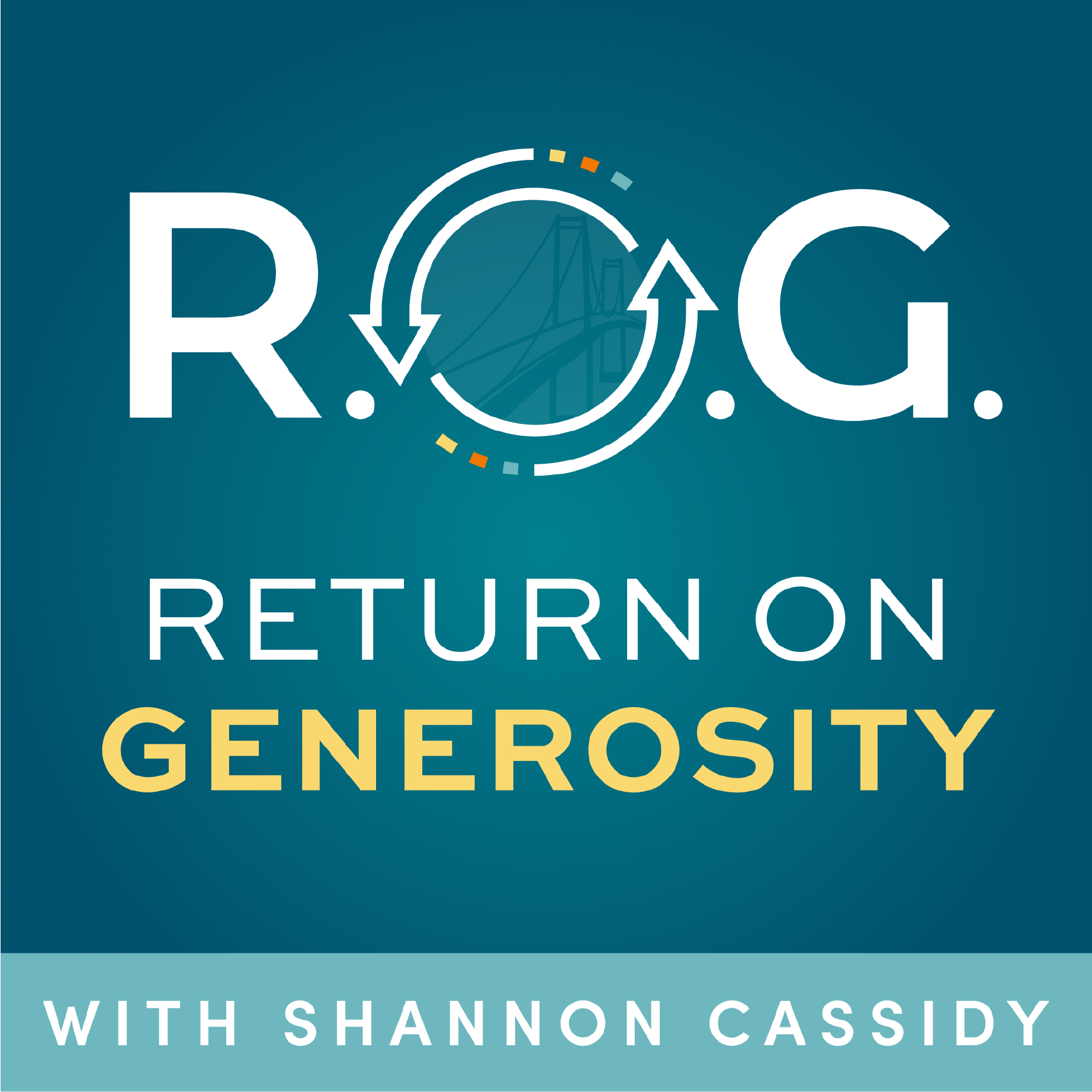
56. Mia Ives-Rublee – Accessible Voices
“If you are an organization that wants to be extremely open and welcoming to the disability community, you shouldn’t go for the bare minimum. You should be attempting to be as accommodating and open as possible because that’s going to bring in more talented individuals who are excited about working at your location.”
Guest Info:
Mia Ives-Rublee is the director for the Disability Justice Initiative at American Progress. Prior to coming to American Progress, she advocated for disability justice and inclusion at nonprofit organizations and businesses across the United States. She has worked with Women’s March, Families Belong Together, DC Action Lab, Adoptees for Justice, Fair Fight, People’s Collective for Justice and Liberation, and numerous other progressive organizations. Best known for founding the Women’s March Disability Caucus, Ives-Rublee helped organize the original Women’s March on Washington in 2017. The Women’s March was one of the first large-scale events to have certified deaf interpreters on stage. Ives-Rublee’s work pushed for better access to disability accommodations at progressive events and more policy platforms inclusive of the disability community. For her work on the Women’s March, Ives-Rublee was named by Glamour magazine as one of 2017’s Women of the Year Award. She was also recognized by She the People as one of 20 Women of Color in Politics to Watch in 2020 and awarded the 2019 Distinguished Alumni Award from the University of North Carolina (UNC) School of Social Work.
Mia Ives-Rublee worked on several political campaigns during the 2020 cycles. As a North Carolina community regional organizing director for the Elizabeth Warren Campaign for President, she communicated policies and organized events around specific issues affecting the disability and Asian American communities. She volunteered on Warren’s Disability Policy Group, helping shape the Disability Policy Platform and developing the campaign’s private event accessibility toolkit. During the general election, Ives-Rublee worked as the field director for Down Home NC to encourage rural residents to vote. She also worked with the Asian American Advocacy Fund and the Georgia Disability Vote Partnership to help elect Sen. Jon Ossoff (D-GA) and the Rev. Sen. Raphael Warnock (D-GA) during the 2021 special election. For six years, Ives-Rublee worked as a vocational counselor at the North Carolina Division of Vocational Rehabilitation Services to help disabled people obtain substantial employment and connect with services in their communities. She researched alternative mental health diversion programs at UNC Chapel Hill in 2015 and, in 2017, was the confidential assistant to Commissioner Chai Feldblum at the U.S. Equal Employment Opportunity Commission. At the Ford Foundation in 2019, Ives-Rublee created a Disability Inclusion Toolkit for nonprofit organizations. Ives-Rublee holds a bachelor’s degree in sociology from the University of Illinois at Urbana-Champaign and a master’s degree in social work from UNC Chapel Hill.
Favorite Quote:
“Need to make sure people with disabilities are at the table when policy is being made.” — Mia Ives-Rublee
R.O.G. Takeaway Tips:
1. Policies
Does your organization have an employee handbook?
If so, what does your employee handbook say about hiring people with disabilities?
What does it say about accommodations?
How will you learn more about ADA, SSI, SSDI and Medicaid for your disabled employees?
As Mia says, “Make sure people with disabilities are at the table when policy is being made.”
2. Accommodations
Does your current process include a question to the candidate about accommodations?
During the interview, how do you inquire about what accommodations may be needed?
Once hired, what accommodations do you offer? What could you offer?
Consider how inclusive the interview, hiring, onboarding and employment processes are and how you can make them even better.
Resources:
Coming Next:
Episode 57, we will be joined by Wade Thomas, CEO Aim to Win, Author of From the Heart: Achieving Epic Results Through Building a Heart-Based Culture of Compassion and Empathy
Credits:
Mia Ives-Rublee, Sheep Jam Productions, Host Shannon Cassidy, Bridge Between, Inc.

Recent Comments